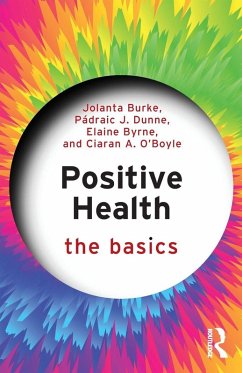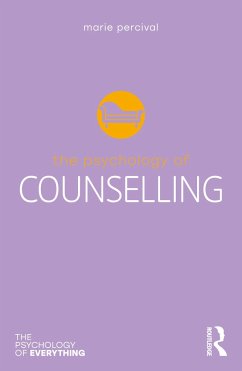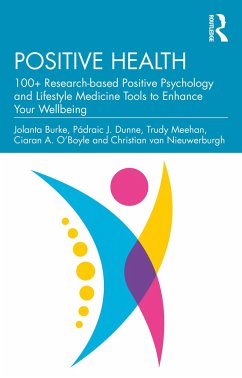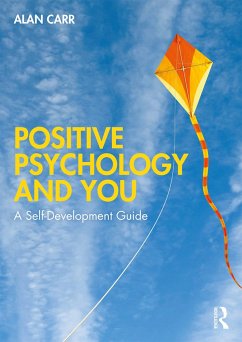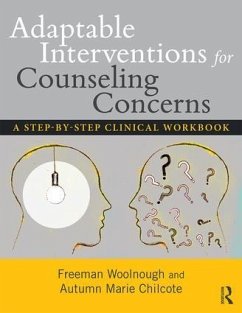Nicht lieferbar

Mike Slade (University of Nottingham)Tamsin BrownellTayyab Rashid (University of Toronto Scarborough (UTSC) Canada )
Gebundenes Buch
Positive Psychotherapy for Psychosis
A Clinician's Guide and Manual
Versandkostenfrei!
Nicht lieferbar




Positive Psychotherapy for Psychosis describes a new psychological intervention, which for the first time applies emerging research from the field of positive psychology specifically to psychosis.
Mike Slade is Professor of Mental Health Recovery and Social Inclusion, University of Nottingham. His research interests include recovery-focused mental health services and increasing citizenship and social inclusion experiences. Mike has written 250 academic articles and 11 books, including Personal Recovery and Mental Illness and Wellbeing, Recovery and Mental Health. Information about his research can be found at www.researchintorecovery.com. Tamsin Brownell is a researcher in mental health services. She helped to develop Positive Psychotherapy for Psychosis whilst working as a Research Assistant at the Institute of Psychiatry, Psychology & Neuroscience, King's College London. Her main research interests are the development and evaluation of therapeutic interventions and user-led services for mental health, particularly in psychosis and eating disorders. Dr Tayyab Rashid is a licensed clinical psychologist and researcher at the Health & Wellness Centre, University of Toronto Scarborough (UTSC), Canada. He developed and empirically validated an innovative therapeutic approach called Positive Psychotherapy with Dr. Martin Seligman at the Positive Psychology Centre, University of Pennsylvania during his doctoral studies. Tayyab has trained mental health professionals and educators internationally and has also worked with survivors of 9/11 families and Asian Tsunami survivors. Published in peer-reviewed journals, an invited keynote speaker, his work has also been featured in the Wall Street Journal , Maclean's, Canadian Broadcasting Corporation and at the TEDx. (www.tayyabrashid.com). Dr Beate Schrank is a consultant psychiatrist, therapist, and senior researcher at the Department of Psychiatry and Psychotherapy, University Clinic Tulln, Karl Landsteiner University for Health Sciences, Austria. She conducted the work reported in this book as part of her PhD degree at the Institute of Psychiatry, Psychology & Neuroscience, King's College London. Beate's main research interests focus on social psychiatry as well as on the conceptualisation and application of positive psychological variables, such as hope or wellbeing, to people with severe illness, both mental and physical. Her research has most recently involved the development and evaluation of services and therapeutic interventions for these client groups.
Produktdetails
- Verlag: Taylor & Francis Ltd
- Seitenzahl: 218
- Erscheinungstermin: 22. Dezember 2016
- Englisch
- Abmessung: 216mm x 307mm x 20mm
- Gewicht: 812g
- ISBN-13: 9781138182868
- ISBN-10: 1138182869
- Artikelnr.: 69033283
Herstellerkennzeichnung
Libri GmbH
Europaallee 1
36244 Bad Hersfeld
gpsr@libri.de
Für dieses Produkt wurde noch keine Bewertung abgegeben. Wir würden uns sehr freuen, wenn du die erste Bewertung schreibst!
Eine Bewertung schreiben
Eine Bewertung schreiben
Andere Kunden interessierten sich für



